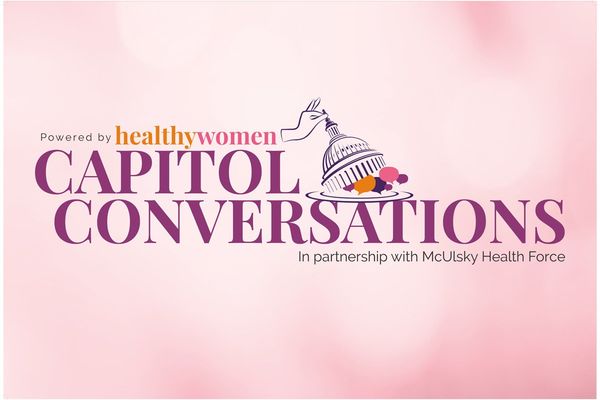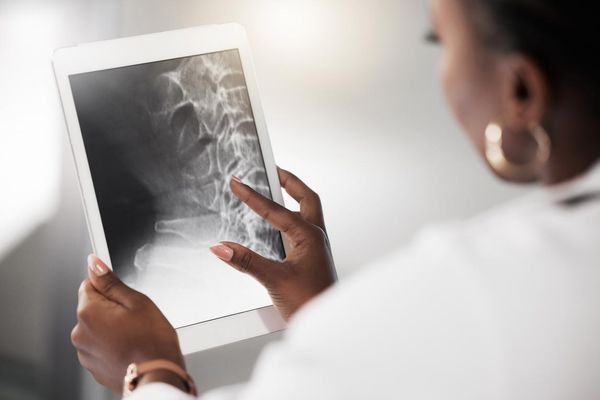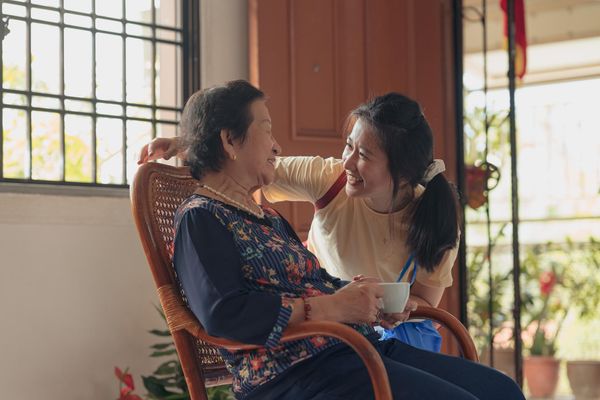June 10, 2019
As someone who has worked for nearly 30 years to educate researchers, health care providers and consumers about sex differences, I was pleased to be invited to moderate a panel at a meeting convened by AdvaMed on the discrepancies in cardiac care for women. AdvaMed represents the medical device industry. The meeting also served to launch a public education campaign with a unique focus: Improving recruitment and retention of women in cardiovascular device trials. The panel I moderated focused on the lack of women in cardiac device trials and the continued ignorance across the physician community about the number one killer of women: Heart disease.
On the one hand, I am gratified to learn that more women are being included in cardiac device clinical trials and to some extent knowledge has increased about the importance of recognizing sex differences. But, on the other hand, I am dismayed by data still showing a continued need for health care provider education about the unique attributes of heart disease in women, and the ongoing need to encourage women to participate in clinical trials focused on devices and medications
A highlight of the panel was the conversation around recently published research, "Sex Disparities in Cardiovascular Device Evaluations: Strategies for Recruitment and Retention of Female Patients." Dr. Cindy Grines, Chair of Cardiology at Hofstra University, and her colleague, Dr. Alexandra Lansky, Professor of Medicine, Cardiovascular Medicine Section, at Yale University.
Examples of the lack of awareness of the unique features of heart disease in women discussed by the panel included:
- Heart disease remaining the number one killer of women in the U.S. Surprisingly, only eight percent of primary care doctors, 13 percent of gynecologists, and 17 percent of cardiologists are aware of this fact.
- Women with heart disease often presenting with "atypical" symptoms," resulting in ineffective, delayed or missed treatment opportunities For example, women are more likely to experience stomach, jaw, neck or back pain; chest fullness or pressure; nausea; or shortness of breath.
Other disruptive factors the panel identified that impede effective heart disease-related treatment, research and clinical trial inclusion for women include:
- A lack of women physicians who treat heart diseases. Only 4.5 percent of interventional cardiologist are women, for example.
- Biases in the clinical trials system that exclude women from participating.
- Underrepresentation of women in clinical trials for devices used to diagnose or treat heart conditions because clinicians are less likely to refer women into clinical trials.
- Fewer women researchers.
- Reluctance by women to participate in clinical trials because they are more risk adverse than men.
- The perception by women that clinical trials will take too much time away from their family commitments.
To counter these disparities, these actions steps were identified:
- Be Assertive and Proactive
Women should be assertive when talking to their primary care physicians, emergency department clinicians, and even to specialists, like cardiologists about heart disease and heart attack symptoms. And, since women are less likely to be referred to a clinical trial – which may be an option for receiving both standard of care and extensive follow-up – they need to be assertive in asking their clinicians if that option might be appropriate for them. - Design Better Education and Awareness for Clinicians about Women and Heart Disease
Clinicians – particularly those in primary care and emergency medicine – need to be more aware about the signs and symptoms of heart disease in women. Medical school curriculum must improve its focus on the unique health needs of women and clinicians should extend their learning through continuing education classes and their professional societies throughout their practice lives. - Industry and the FDA Needs to Be More Aware and Proactive
Industry and the FDA have been working on how to increase inclusion of women in clinical trials for several years. Those efforts need to continue and to be applied by the operational ranks that design and approval trials, and to the people who conduct the actual recruitment of people into trials – both within companies and at the level of clinicians seeing patients. That is, industry can support clinicians by educating them about the signs and symptoms of women with heart disease and the importance of recruiting women into clinical trials.
To support all groups improving care for women with heart disease and clinical trial recruitment AdvaMed has incorporated many of these recommendations into a "Women in Cardio" campaign. In addition, AdvaMed, the FDA and others are working to support outreach to educational institutions and clinician organizations to increase awareness. For example, HealthyWomen and other organizations will continue and expand social media campaigns to help educate women about heart disease. Key messages will include ways women can improve self-care, collaboration and communication with their clinicians about heart disease, and the importance of participating in clinical trials.
- Comic: Heart Disease: What Women Don’t Know ›
- FAQs: What Women Need to Know About Cardiovascular Disease ›
- Did You Know That Heart Disease Affects Women of Color Differently? ›
- Women Don't Get the Same Treatment for Heart Disease as Men - HealthyWomen ›







